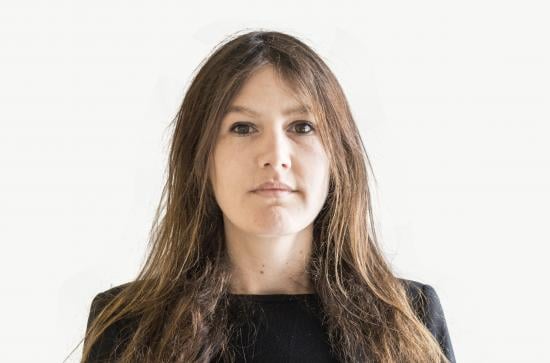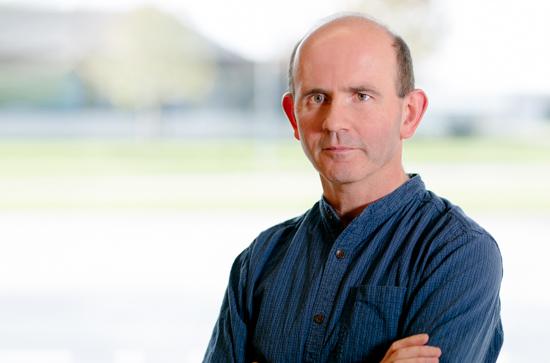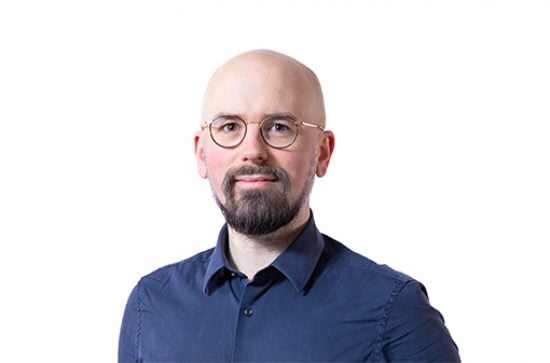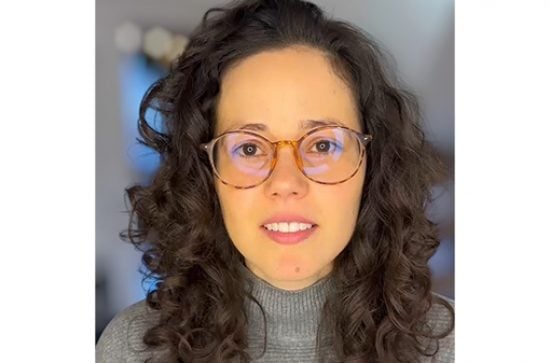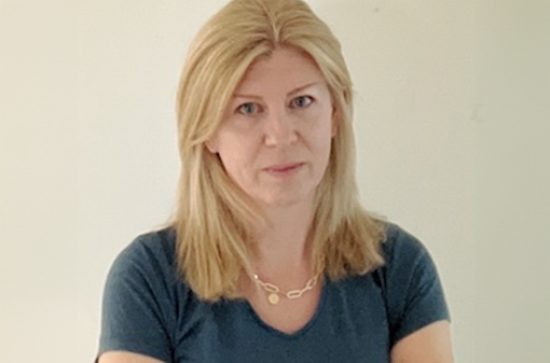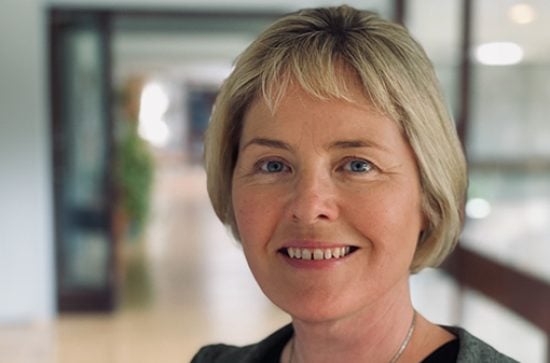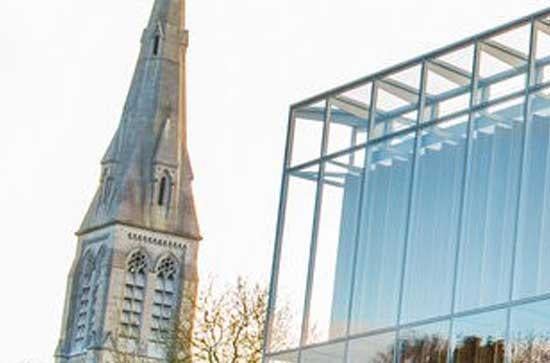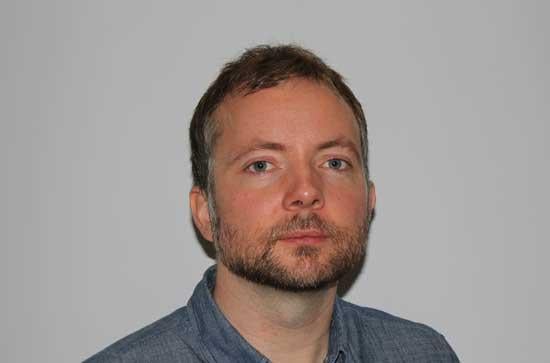Qualification : MASTER OF ARTS DEGREE
Award Type and NFQ level : TAUGHT MASTERS (9)
CAO/MU Apply code : MHS59
CAO Points :
Closing Date : 30 June 2025
This two-year (part-time) MA advances practical, research, and analytical thinking skills while deepening creative and theoretical engagement with media of all kinds. The programme combines critical thinking and cutting-edge creative practice to tackle the challenging environment of contemporary media industries. It develops a wide range of theoretical and practical approaches across several media forms, including film, interactive media, print, broadcast TV, and radio. It situates these media in their historic and social contexts, examining how people engage with them, their economic infrastructures, and technological forms, alongside hands-on practical engagement with media tools.
The programmes flexible structure also allows you to build a degree that suits you.
Students can follow one of our 3 pathways: Creative Media; Society and Justice; or History and Culture, or a programme of their own design. The programme also allows students to pursue their own interests by taking related modules from across a range of subjects available at MU. Finally, students can choose between a final dissertation or creative project based on where they want the MA to take them.
Candidates for the MA in Critical and Creative Media must have the equivalent of a 2.1 honours degree in Media Studies, or in a related subject in Humanities, Arts, Social Sciences, or Communication and Information Technology.
Applicants from abroad must have a recognised primary degree that is considered equivalent to Irish university primary degree level.
For international students whose first language is not English, an English language exam certificate showing IELTS 6.5 (or equivalent) is required.
National University of Ireland Maynooths TOEFL code is 8850
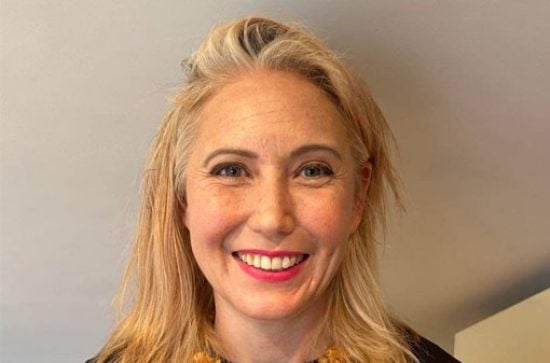
Academic
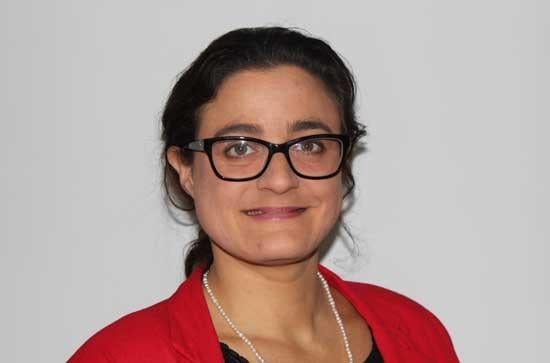
Academic
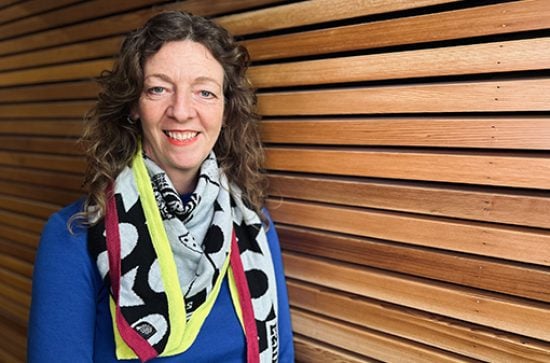
Academic
Department of Media Studies
Department of Motherhood Project
Department of Faculty of Arts and Humanities
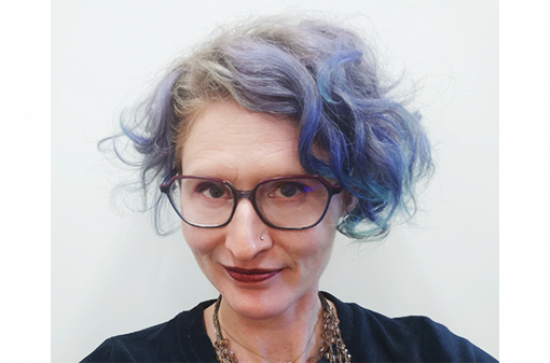
Academic
The compulsory module Critical and Creative Media Research, lays the foundation for the programme in Semester One, building key skills for developing a research project. This is followed by a second compulsory module Media Theory in second semester which provides the theoretical spine that underpins the subject. Taken in the first year of the programme, these modules together set students up for the final dissertation or project.
All other modules during semesters one and two are elective. Students have the freedom to choose individual routes through the programme by selecting from our range of modules or by following one of our 3 pathways: Creative Media; Society and Justice; and History and Culture. Students may also take a number of media related modules from across a range of other subjects available at MU.
The MA programme culminates with a supervised individual project taken in the second year that may assume a variety of forms, from a scholarly essay to an empirical study to a practice-based project, where creative outcomes are contextualised and framed theoretically. A Postgraduate Diploma is available to students who do not wish to complete the final dissertation/project.
Online application only. To make an application please click here.
To apply for your chosen postgraduate study at Maynooth University, please ensure you have the following documents to make an application:
- Evidence of your primary degree
- Academic transcripts
- A copy of your passport
- A personal statement
Applicants for whom English is not their first language are required to demonstrate their proficiency in English in order to benefit fully from their course of study. For information about English language tests accepted and required scores, please see here. The requirements specified are applicable for both EU and International applicants.


